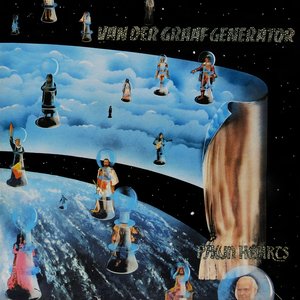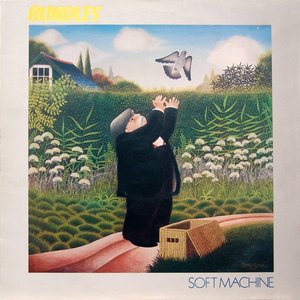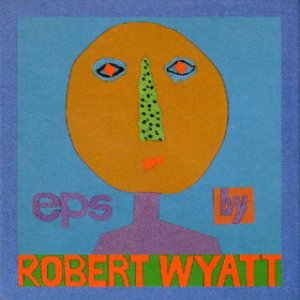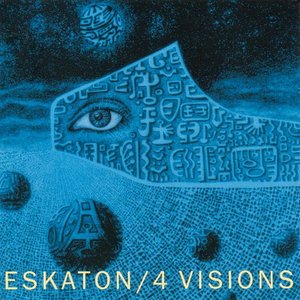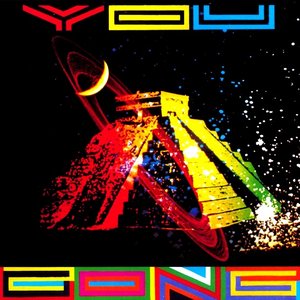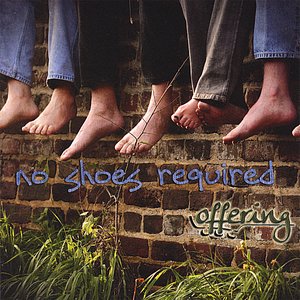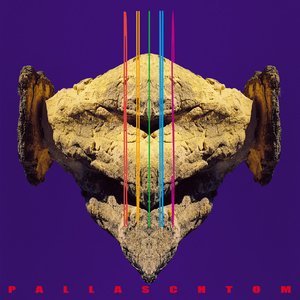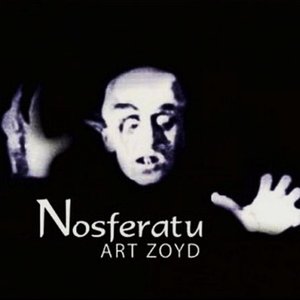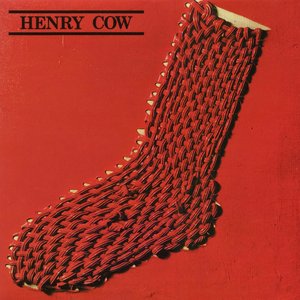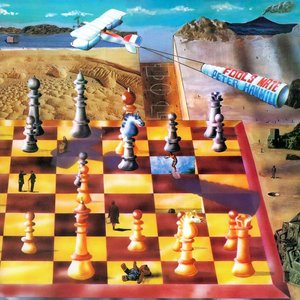Wiki
-
Release Date
1988
-
Length
7 tracks
Mëkanïk Dëstruktïẁ Kömmandöh (MDK) is the third and last part of the the Theusz Hamtaahk song cycle. It tells the story of Nebëhr Gudahtt, a prophet who tries to make people of earth to understand the Kobaian philosophy.
Ẁurdah Ïtah, the second movement, was recorded as a Christian Vander solo album as a soundtrack for the Yvan Lagrange movie Tristan et Iseult.
Theusz Hamtaakh, the first movement, has only been performed live. No studio recordings of the movement have been made. However, there are three official live recordings of the movement: the BBC London, "Retrospektiw (Parts I+II)", and "Theusz Hamtaahk Trilogie" recordings.
A brief story of M.D.K. :"a Kobaïan party sent to Earth in order to bring the enlightenment achieved on Kobaïa to the rest of Humanity. The reaction to the Kobaïans' message is mixed, and Earth authorities arrest the party, causing Kobaïa to declare war and threaten to make use of their ultimate weapon (the Mekanïk Destruktïw Komandöh). The resolution of the trilogy remains cloudy. Some see evidence of all Earth joining in the Zeuhl Wortz, while others read evidence of Earth being destroyed. Vander's special relationship to the Kobaian language and his unique access to the Kobaian ambassadors has not yet made the situation any more clear."
Like all the previous Magma efforts M.D.K. is also written and performed in kobaïan language. and marks the (real) beginning of the "zeuhl" music, both symphonic (Carl Orff) and jazz/fusion (strong brass section/John Coltrane) influences can be found in the song. Without doubt it is the direct reflection of the composer Vander's admiration both Orff and Coltrane. Aside from the album version there is also an alternative take of M.D.K. without brass section and guitar, and two live recordings can be found in the Trilogie and Retrospektiw I/II albums.
Album descriptions on Last.fm are editable by everyone. Feel free to contribute!
All user-contributed text on this page is available under the Creative Commons Attribution-ShareAlike License; additional terms may apply.

